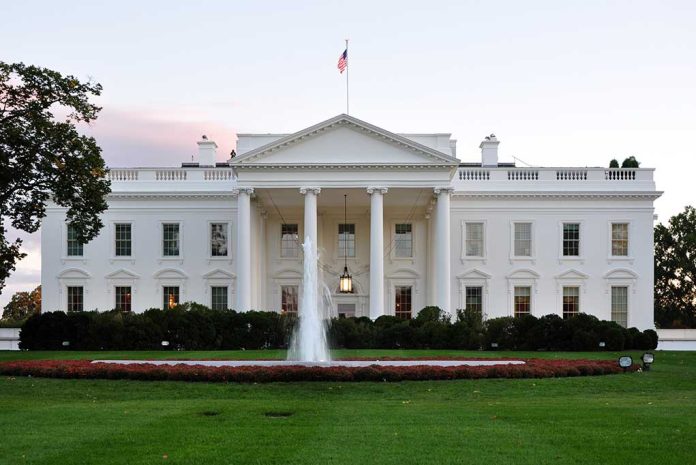
Between the Secret Service’s failure to prevent the attempted assassination of Donald Trump and cocaine found in the White House, Americans are left wondering if we are in good hands of the Secret Service or not. Here’s where it gets even more bizarre. Guess which now infamous Secret Service agency director wanted to destroy the cocaine evidence which goes completely against the standard protocol? You won’t like the answer.
The Cocaine Discovery
On July 2, 2023, a routine day at 1600 Pennsylvania Avenue took an unexpected turn when a member of the Secret Service stumbled upon a bag of cocaine in the White House vestibule. This discovery set off a chain of events that would expose troubling systemic issues within the agency tasked with protecting our nation’s leaders.
The Investigation Unfolds
The Secret Service immediately launched an investigation, including forensic testing of the substance and its packaging. As stated in their official release:
“The substance and packaging underwent further forensic testing. The substance was analyzed for its chemical composition. The packaging was subjected to advanced fingerprint and DNA analysis.”
Despite these efforts, the investigation hit a wall. No surveillance footage provided any leads, and the forensic analysis yielded limited results. However, a partial DNA match was found in a national database, potentially offering a crucial breakthrough.
The Cover-Up Controversy
In a shocking turn of events, it was reported that former Secret Service Director Kimberly Cheatle allegedly wanted to destroy the cocaine evidence. This request was met with resistance from subordinates who cited protocols requiring evidence retention for seven years. Yes, the same Kimberly Cheatle who failed to protect Trump and almost got him killed.
Wait a sec… Assassinations and Cocaine? Same Agency director? You can’t make this shit up.
“A decision was made not to get rid of the evidence, and it really pissed off Cheatle”
This alleged attempt to dispose of evidence raises serious questions about transparency and integrity within the Secret Service leadership. It also highlights the importance of established protocols and the courage of those who uphold them in the face of pressure from above.
A Rushed Conclusion
Perhaps most concerning is the speed with which the investigation was closed. After just 11 days, the Secret Service concluded their inquiry without identifying a suspect or conducting interviews. This hasty closure has led to speculation about the agency’s true commitment to uncovering the facts.
As Steven Nelson of the New York Post noted:
“The Secret Service closed its investigation just 11 days after the cocaine was found — without interviewing any potential suspects — giving the impression that the agency wasn’t interested in learning the facts behind the embarrassing incident”
This rushed conclusion not only leaves the public with unanswered questions but also undermines confidence in the Secret Service’s ability to thoroughly investigate security breaches at the highest levels of government.
Calls for Accountability
In light of these revelations, there have been growing calls for congressional oversight committees to investigate the DNA partial hit and the handling of the case. The integrity of our national security apparatus is at stake, and the American people deserve answers.
As we reflect on this incident, it’s clear that the White House cocaine case is more than just a sensational headline. It’s a stark reminder of the need for transparency, accountability, and rigorous adherence to protocol within our most critical security institutions. The Secret Service must address these systemic issues to restore public trust and ensure they can effectively fulfill their vital mission of protecting our nation’s leaders and institutions.






















